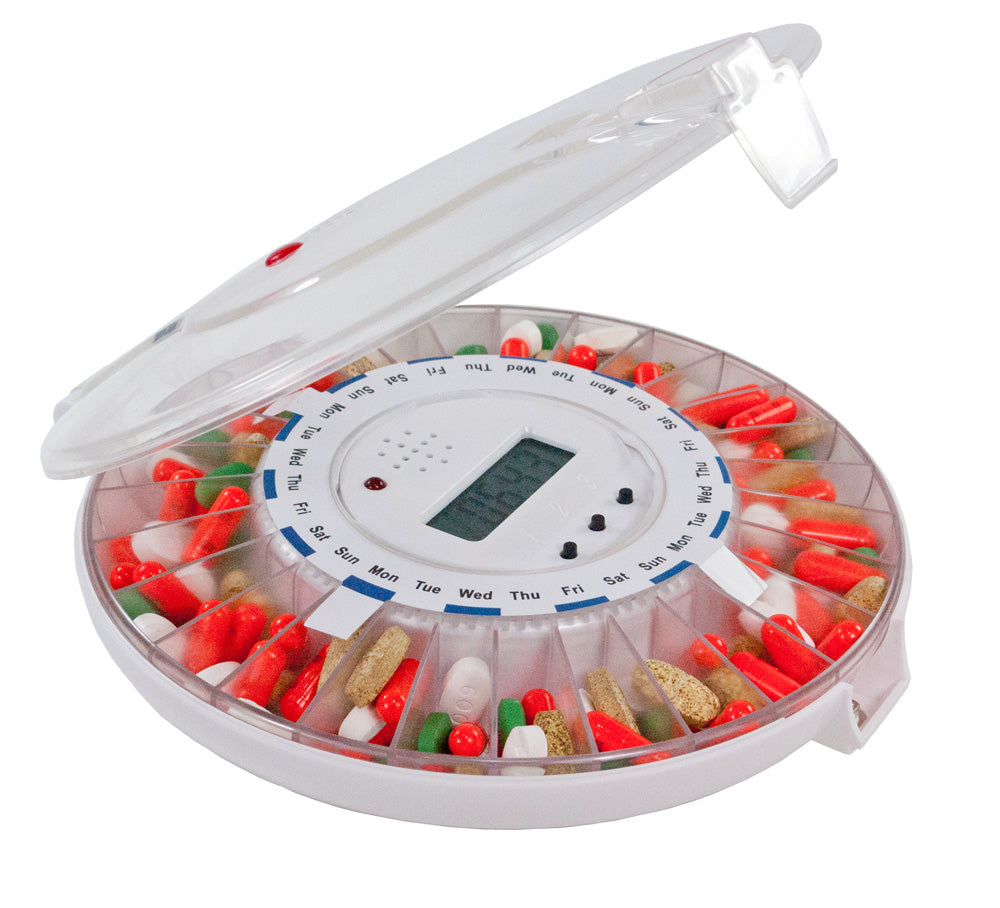
A New Technology to Remove Pharmaceuticals from Drinking Water
Last updated: January 15, 2026 By Dan DeBaunShare
A new material technology may allow waste water treatment plants the ability to remove pharmaceuticals from drinking water.
Common medicines that are eliminated from the human body or get flushed down the toilet do not necessarily get removed during the wastewater treatment process and can enter freshwater systems and contaminate drinking water supplies. The same goes for body lotions and other personal care products that get rinsed off our bodies when we bath or shower. This is a scary fact that many homeowners do not know.
Now, researchers show that a newly developed adsorbent material could be used to remove these contaminants from water, improving the quality of water leaving wastewater treatment plants.
The Growing Pharmaceutical Contamination of our Water Supply
As living standards improve around the world, the number of people who use pharmaceuticals and personal care products (PPCPs) is growing. The downside of this is that these substances make their way into our aquatic systems, contaminating surface waters and groundwater, as well as plants and animals that are irrigated with- or live in water contaminated with PPCPs. This is concerning, as some pharmaceuticals and personal care products can disrupt the endocrine system, or have other negative impacts on both human and environmental health.
Previous research has shown that certain materials known as porous aromatic frameworks (PAFs) are effective at removing contaminants from water. However, they tend to be both difficult to use and to recycle, as they come in powder form and do not readily dissolve in solvents.
A New Technology For Wastewater Treatment Plants
Now a team of researchers from Northeast Normal University has developed an adsorbent material that is capable of removing PPCPs by using PAFs to coat the surfaces of electrospun membranes. First, the scientists electrospun the polymer polyacrylonitrile to create a fibrous membrane. The membrane was then coated with polyaniline to help PAFs adhere to the surfaces of the membrane, before adding biphenyl molecultes that were reacted to encourage PAF-45 to grow on the fibers coated with polyaniline. The modified fibrous membranes were more efficient at adsorbing three common PPCPs — chloroxylenol, diethyl-meta-toluamide (DEET) and ibuprofen — than other adsorbents. Furthermore, the fibrous membranes can be recycled for reuse simply by using ethanol to remove the adsorbed PPCPs. The researchers repeatedly used, cleaned and reused the membrane ten times, with capacity decreasing only slightly.
This new material holds significant promise for improving the ability of wastewater treatment plants to remove pharmaceuticals and personal care products from wastewater effluent, thus preventing contamination of freshwater systems and drinking water sources.
How To Remove Pharmaceuticals From My Drinking Water
Consumers who are concerned about their level of exposure to these emerging drinking water contaminants can also take measures into their own hands by investing in a good quality berkey water filter that is already capable of removing pharmaceuticals and personal care products like the Berkey system, as well as a wide range of other drinking water contaminants that are potentially hazardous to you and your family's health.
Journal Reference
Rui Zhao, Tingting Ma, Shuying Li, Yuyang Tian, Guangshan Zhu. Porous Aromatic Framework Modified Electrospun Fiber Membrane as a Highly Efficient and Reusable Adsorbent for Pharmaceuticals and Personal Care Products Removal. ACS Applied Materials & Interfaces, 2019; 11 (18): 16662 DOI: 10.1021/acsami.9b04326
-
Regular price $234.00 USDRegular priceUnit price / per
-
Regular price $327.00 USDRegular priceUnit price / per
-
Regular price From $367.00 USDRegular priceUnit price / per
-
Regular price From $408.00 USDRegular priceUnit price / per
-
Regular price From $451.00 USDRegular priceUnit price / per
-
Regular price From $478.00 USDRegular priceUnit price / per
-
Regular price $332.50 USDRegular priceUnit price / per
$350.00 USDSale price $332.50 USDSale

Dan DeBaun
Dan is the owner and operator of Big Berkey Water Filters. Prior to Berkey, Dan was an asset manager for a major telecommunications company. He graduated from Rutgers with an undergraduate degree in industrial engineering, followed by an MBA in finance from Rutgers as well. Dan enjoys biohacking, exercising, meditation, beach life, and spending time with family and friends.
~ The Owner of Big Berkey Water Filters

















